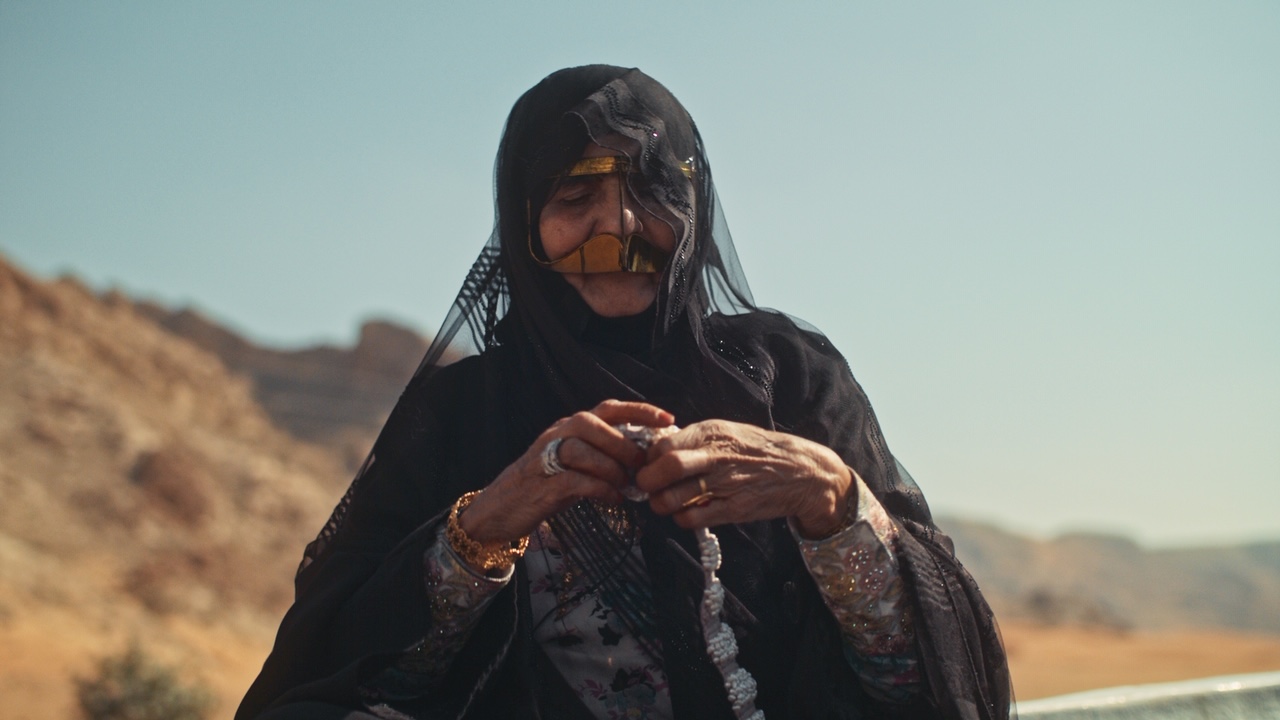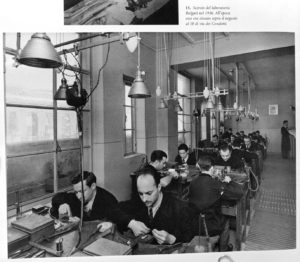The unprecedented events of this year have both highlighted the harsh reality facing the fashion world, as well as the exciting new opportunities that can come out of this time. There has been an appreciation of craftsmanship and large fashion houses are finding new ways to sustain themselves, their traditions and the planet.

Sharjah-based Irthi Contemporary Crafts Council, an affiliate of the NAMA Women Advancement Establishment (NAMA), works to revive and modernize the traditional crafts of the UAE. The organization has partnered with international fashion houses and local brands to bring some of the country’s oldest traditional crafts into the forefront and raise awareness of them, as well as creating contemporary designs with a traditional twist that are popular with today’s customer.
The council recently held a virtual expert panel in partnership with Italian jeweller Bvlgari that discussed the new reality and the impact it is having on the luxury market.
WATCH THE FULL DISCUSSION HERE…
Titled ‘Resilient crafts and design houses adapting to a new global reality’, the virtual dialogue was led by Reem BinKaram, Director of NAMA Women Advancement Establishment; Manal Ataya, Director General of the Sharjah Museums Authority; Sheikh Salem Faisal Al Qasimi, Founder and Creative Director of the award-winning Fikra Design Studio; Lucia Boscaini, Brand and Heritage Curator, Bvlgari; and Giampaolo Della Croce, High Jewellery Senior Director, Bvlgari. It was moderated by Farah Nasri, Assistant Manager of Curation & Design at Irthi Contemporary Crafts Council.

The discussion took off with BinKaram outlining how the changing global economy has affected artisans, their work and cultural heritage itself and how collaborations could be the answer to the vexing questions on their future. She said: “Now is the time we need to look more into the state of artisan communities, enable collaborations and dialogue between them and international partners to ensure they are supported socio-economically and empowered to continue their work of promoting and preserving our crafts heritage.”
Talking about how the women artisans at Irthi were coping with the situation, Reem BinKaram said: “It is beautiful to see how these women have created their own dialogue today. I think if we were worried about how they will cope in the post-COVID-19 situation, their attitude shows that we were wrong. These women are proving they are resilient, just like culture is too. They will survive this new global reality as did their predecessors around the world, through the wars they witnessed or the earthquakes and other natural calamities they survived, or political issues they weathered. Today as the entire world is facing a pandemic, it is inspiring to see the enthusiasm from the participants on this panel where we seek to recreate the dialogue on the future of crafts.”
Speaking about how the artisans at Bvlgari in Rome utilised their lockdown time wisely, Giampaolo Della Croce said: “Although our designers have been at home during these difficult times, thanks to technology they were able to take inspiration from our archives in Rome to create new collections, new forms of designs and develop future forms. Our artisans, the goldsmiths in Rome who are devoted to our high-end jewellery, also utilised the time to attend educational webinars.”

About the influence of heritage on contemporary crafts, Lucia Boscaini said: “The lesson we learnt from the Bvlgari family has been with us ever since our founder, Sotirios Voulgaris, brought with him his knowledge and expertise as a silversmith to introduce many innovations at the end of the 19th century, always building on the heritage while introducing elements of modernity. This creative process and approach have been the backbone of our company throughout its history.”
The discussion also touched on the importance of marketing heritage. Lucia Boscaini said: “Though Bvlgari was established in 1884, it was not until 2009, the year of our 125th anniversary, that we considered celebrating our legacy. We did that by creating the very first exhibition about Bvlgari’s heritage, after three years of intensive research of our archives. It took shape as a very impactful set of stories hugely appreciated by audiences all over the world.”
The group also touched on the future of exhibitions and whether things will return to physical exhibitions in the future or if the virtual concept will become the new normal. Salem Al Qasimi said “but I do not think these exhibitions are going to replace physical exhibitions. Online shows will complement exhibitions as we know them in a very different way.”
The discussions were rounded off with the message that as long as art and crafts narrate authentic stories that communicate with people, they will remain relevant and effective, highlighting commonalities instead of differences and promoting reconciliation, healing, and empowerment in conflict-ridden societies.















